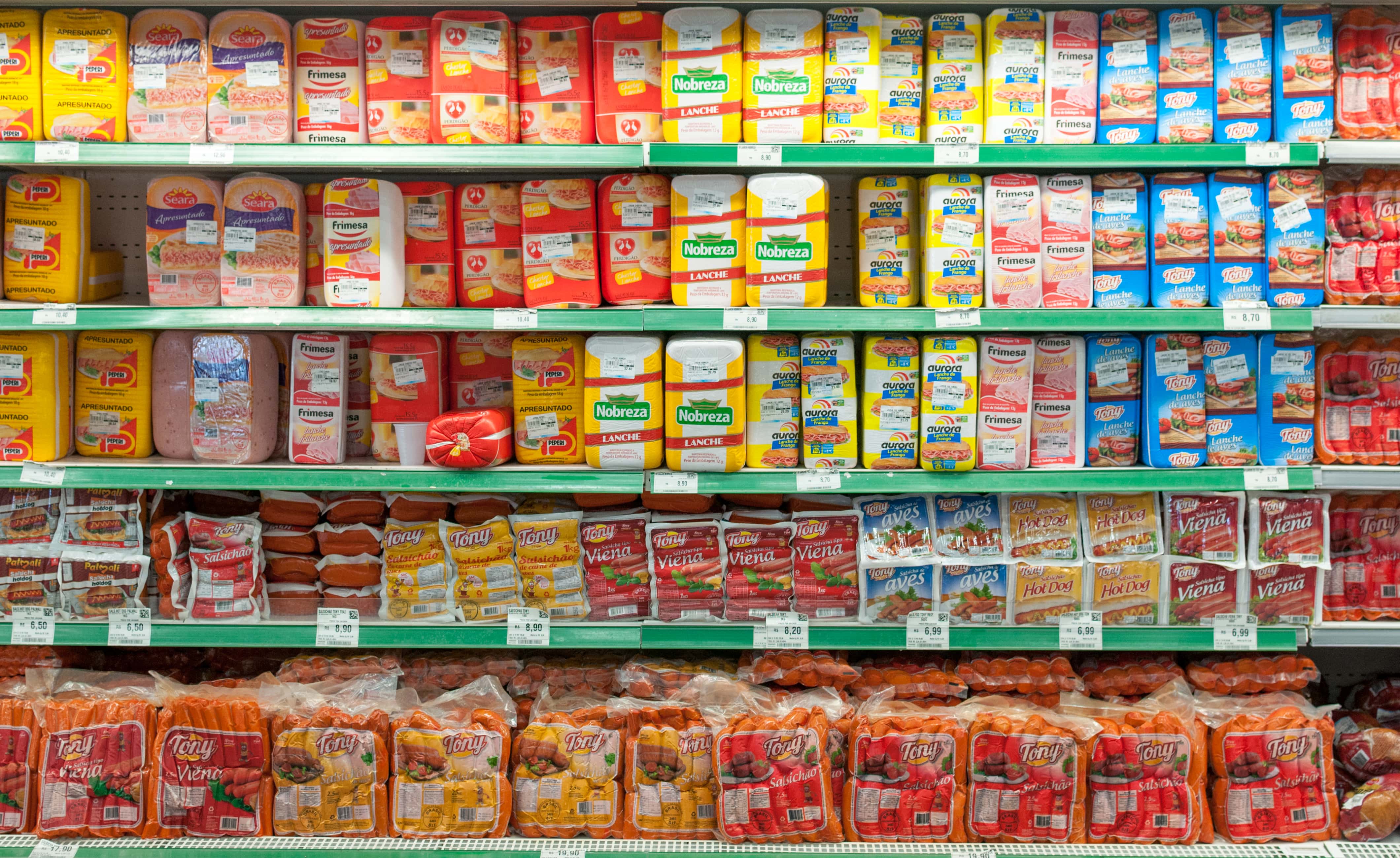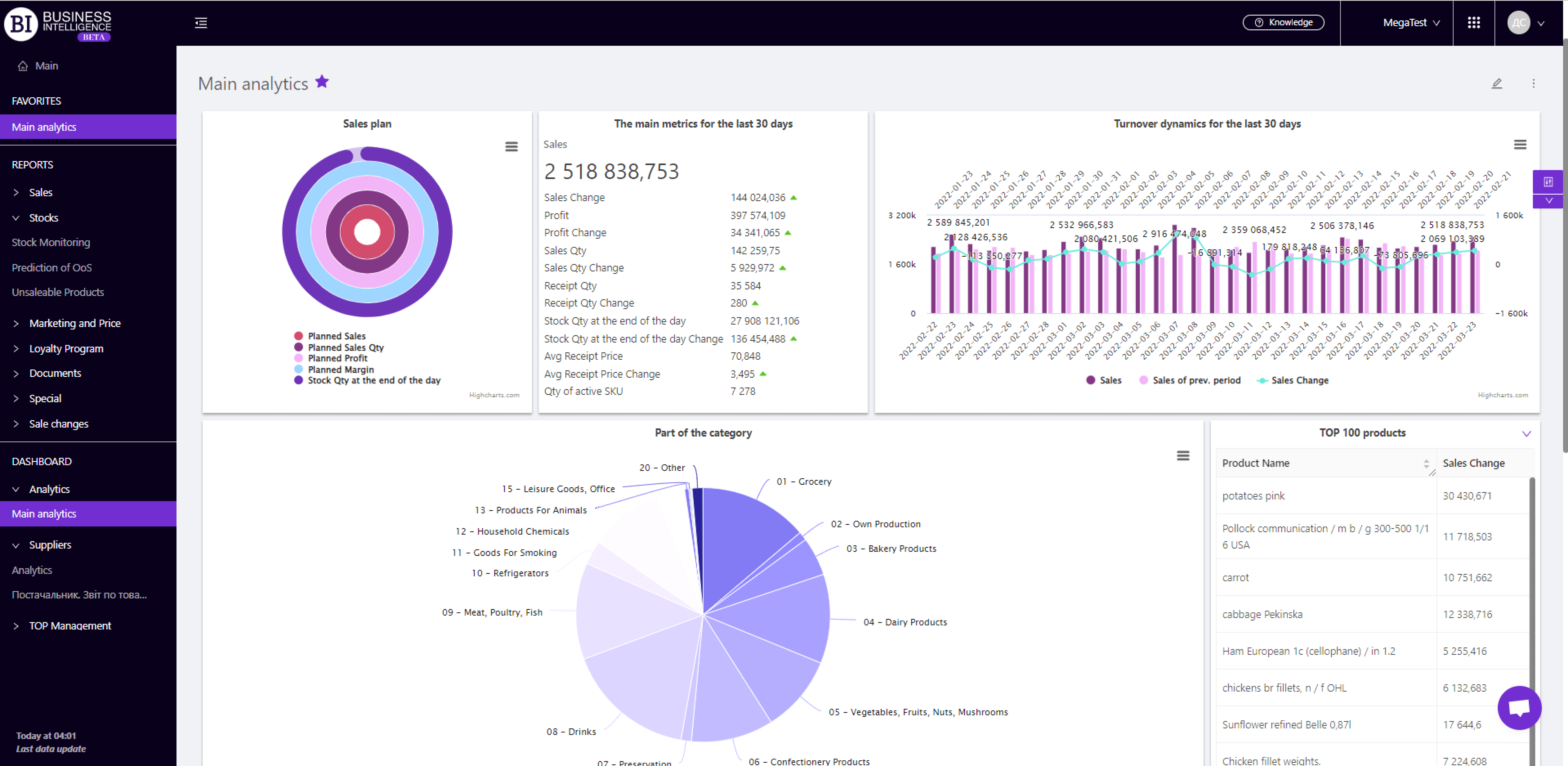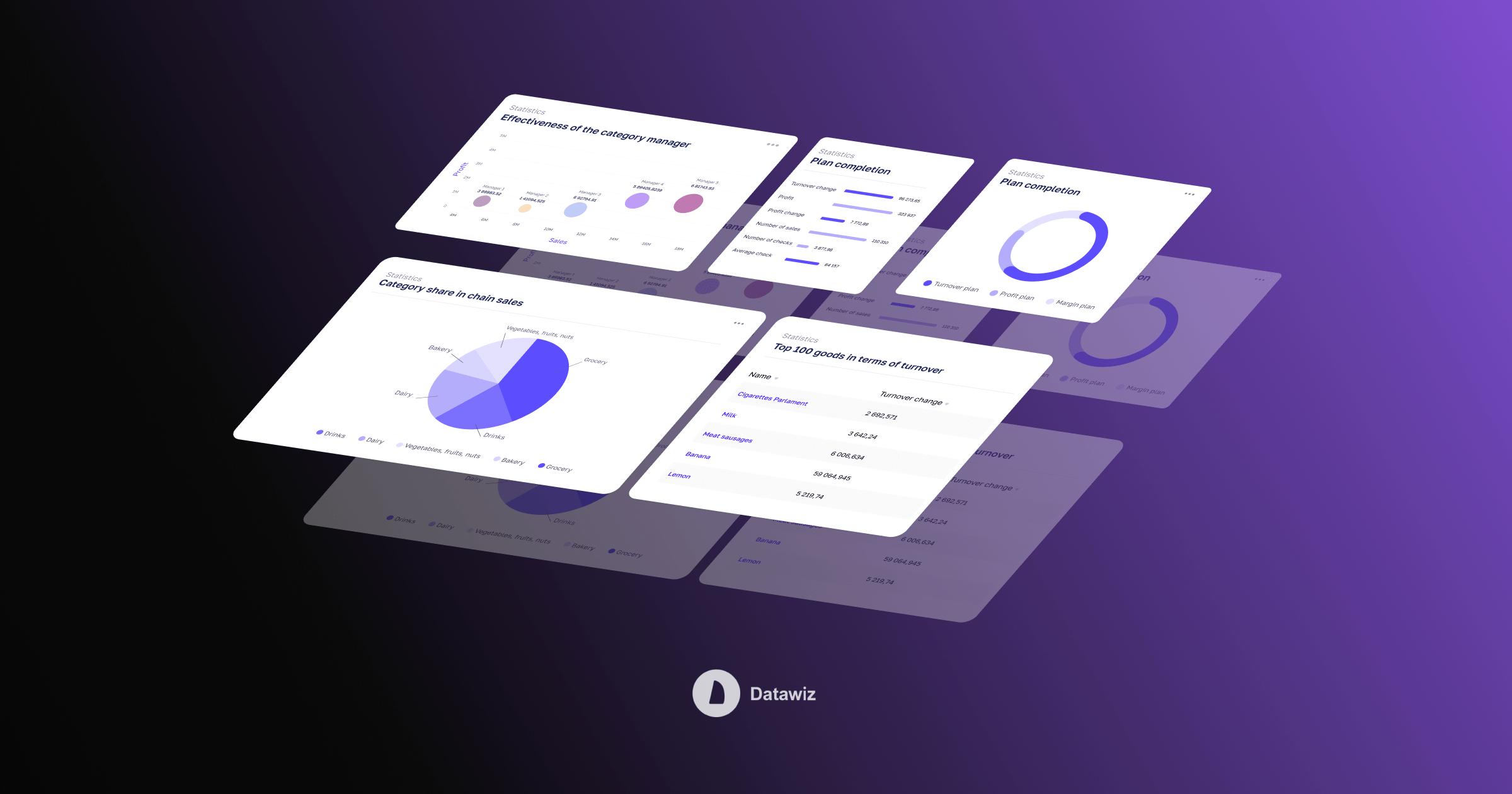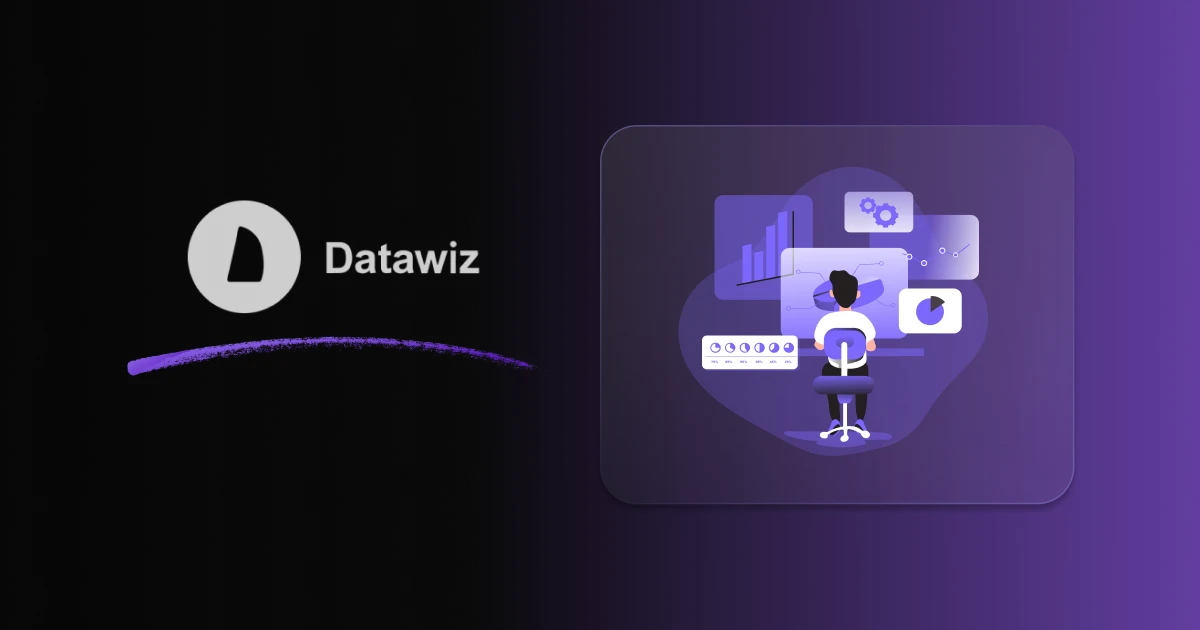CONTENTS
The purpose of category management
The basic principles of category management
Differences between a Category Manager and a Procurement Specialist
Data analytics in category management
How important is the role of category management in retail?
Sometimes the range of products is so huge that it is literally impossible to count them, let alone manage their sales.
In the early 1990s, the idea emerged of grouping similar goods into groups called product categories. This is how category management emerged - a way of
managing a large number of SKUs in the form of distributed business units. Each category has its own characteristics and therefore needs an individual development strategy.
The purpose of category management
The main aim of category management is category development - optimising the range, promoting it and, as a result, increasing profits.

We talked more about the role of the catman here.
The basic principles of category management:
- Flexibility of management processes (digitalisation in this case has become the best friend of the catman).
- Interaction with the different management links in the retail network:
- sales managers;
- purchasing managers;
- suppliers;
- manufacturers, etc.
A category manager, more than anyone else, sees the situation in retail business processes from different angles.
- Improved communication with the customer (not just reductions, costs, increased profits...).

Differences between a Category Manager and a Procurement Specialist
The main difference between a category manager and a procurement specialist is the number of decisions made based on data analytics. The category manager is constantly making decisions based on analytical data as his or her category evolves (e.g. taking into account price and market changes in general, focusing on factors influencing buying behaviour, etc.).
For example, you can use dashboards - data visualisation dashboards with the ability to customise the display of relevant information. On the BI platform you can find the dashboard builder - Builder.

Procurement of goods is an actual action carried out after certain analyses (previous procurement plans, demand for certain items, etc.)
The category development process and the procurement process are not the same thing.
Data analytics in category management
Making category development decisions without careful data analysis is inefficient. For this, the category manager needs effective tools.
You can use the "Category Managers" report in the BI service to analyse the performance of a category manager. This report can be used to:
- view and analyse data from two periods - current and previous;
- analyse data at different levels and with different breakdowns;
- monitor the dynamics of KPIs;
- evaluate each category manager's performance and sales figures.
Category management is rather new but already popular and successful step in retail organisation. It is a method of not only working better with individual product groups but also of delegating responsibilities, distributing workload and detailing business processes.
 What's new?
What's new?





 No credit card required
No credit card required